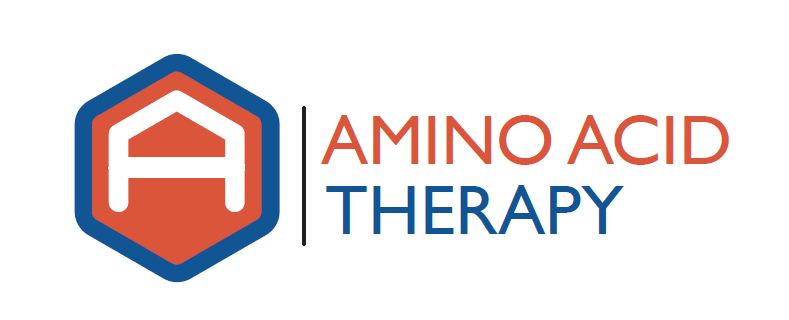 Some people find that prescription SSRI medications, such as Lexapro, Celexa or Paxil, do not help them in the management of depression. Generally when this happens, one of three states is occurring, and each requires a different solution.
Some people find that prescription SSRI medications, such as Lexapro, Celexa or Paxil, do not help them in the management of depression. Generally when this happens, one of three states is occurring, and each requires a different solution.
Selective serotonin reuptake inhibitors (SSRIs) are often used in the treatment of depression; they are also used in the treatment of several of other disorders, including trichotillomania, anxiety, and bipolar disorder. Many people that are started on SSRI medications do not experience any benefit in their symptoms. When this happens, we have found that one of three states is likely occurring:
- The person has neurotransmitter levels (in this case serotonin) that are too low for the prescription drugs to start working. In this case we need to increase the body’s neurotransmitter production in order to help the drug work more effectively. We do this by providing 5-HTP and L-tyrosine in a 1:10 ratio along with the necessary cofactors to help convert those amino acids into serotonin and dopamine, respectively. Once we find the right dosing, the person will see a relief of symptoms within three to five days.
- The person with depressive symptoms actually has bipolar disorder. In this instance, we use urine testing to determine the correct dosing of amino acids necessary to establish more optimal neurotransmitter function; in a few cases, additional medications, such as Depakote may be necessary.
- The person is actually dopamine dominant and requires additional catecholamine support. In this case, we would use urine testing to determine the likelihood of dopamine dominance and conduct a dopamine challenge to confirm. If confirmed, we would then provide proportionately more catecholamine support than serotonin support to get this person the nutrients they need to optimize neurotransmitter function in order to alleviate their symptoms.
Medications that work on neurotransmitter reuptake need a certain amount of neurotransmitter in the system to function properly. If that minimum amount is not available, the drug will appear not to work. In this case, raising the necessary neurotransmitter(s) using amino acid therapy will help the drug to work better.
Alternatively, the drug may be working on the wrong neurotransmitter(s); in this case determining which neurotransmitters are in need of support will help determine which amino acids (and/or medications) would work best.
In either case, there is a solution; it just may require some more digging to find it.


You don’t reference SNRI. Is this intentional?
Hi Ray – yes; I mentioned only SSRI medications in the post, as this is where most people start and most people with depression are serotonin dominant. However, the same phenomenon can also occur with SNRIs as well and we would follow a similar process to determine how to best support optimal neurotransmitter function.
Thanks for your very studious observation!
Sincerely,
Dr Chad